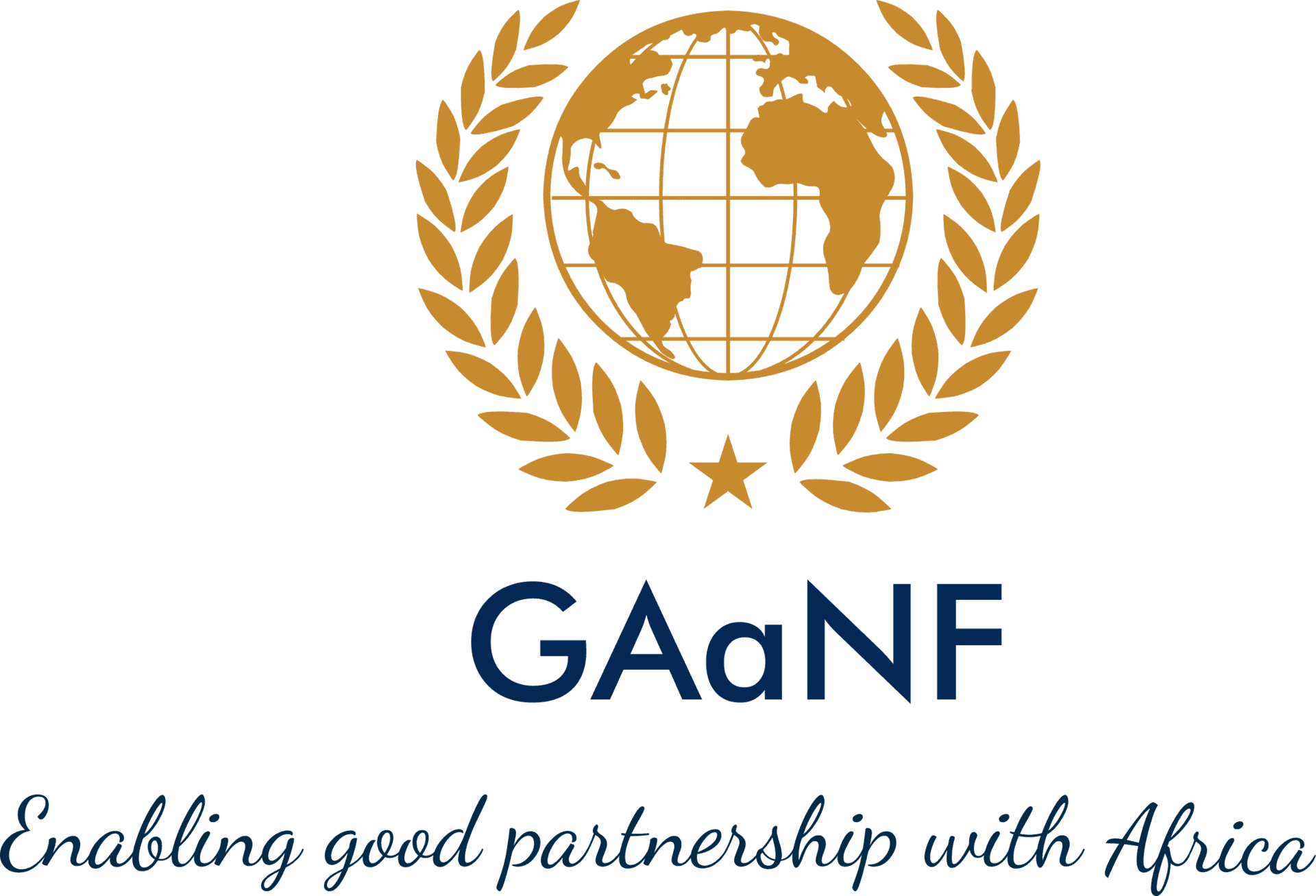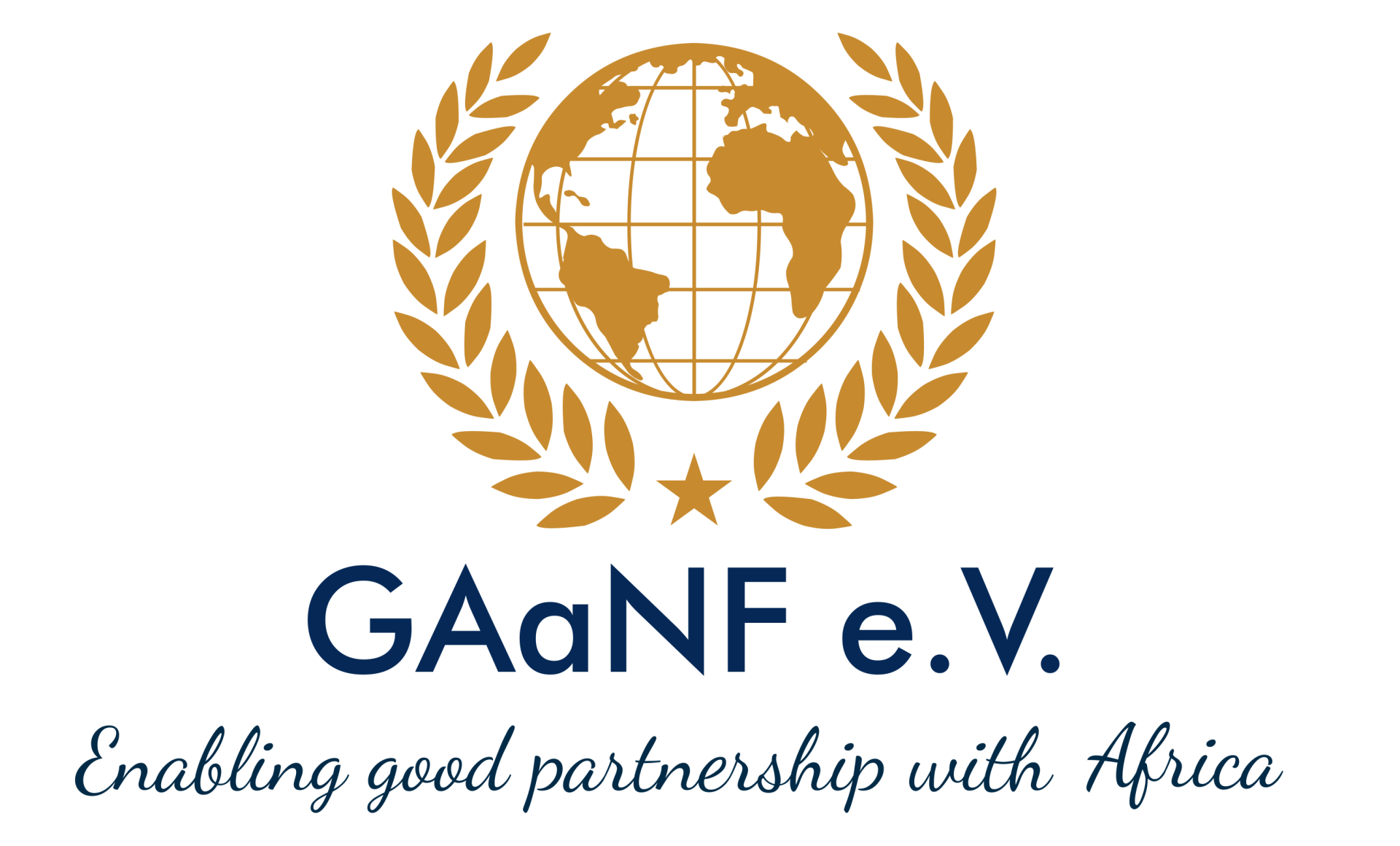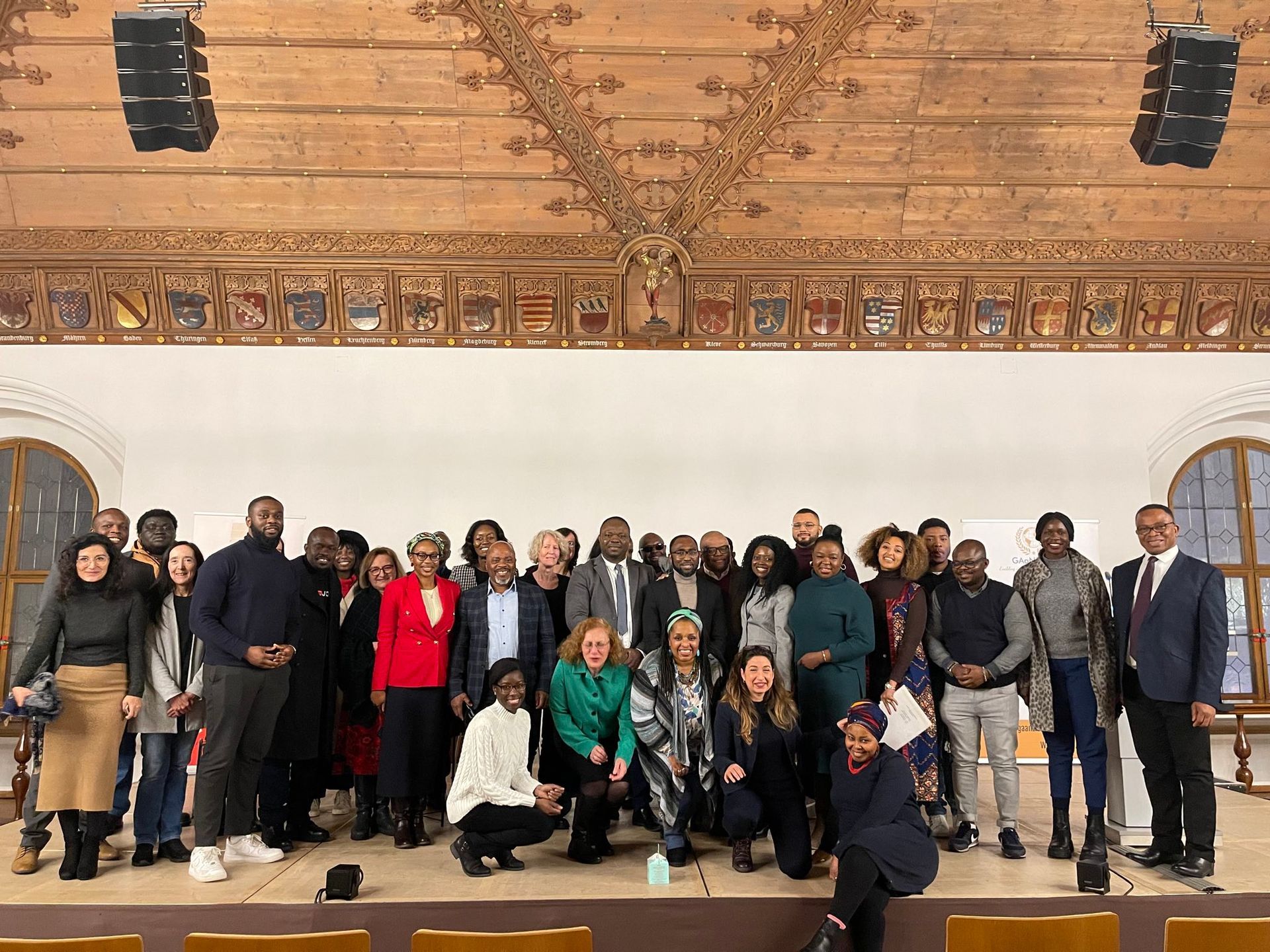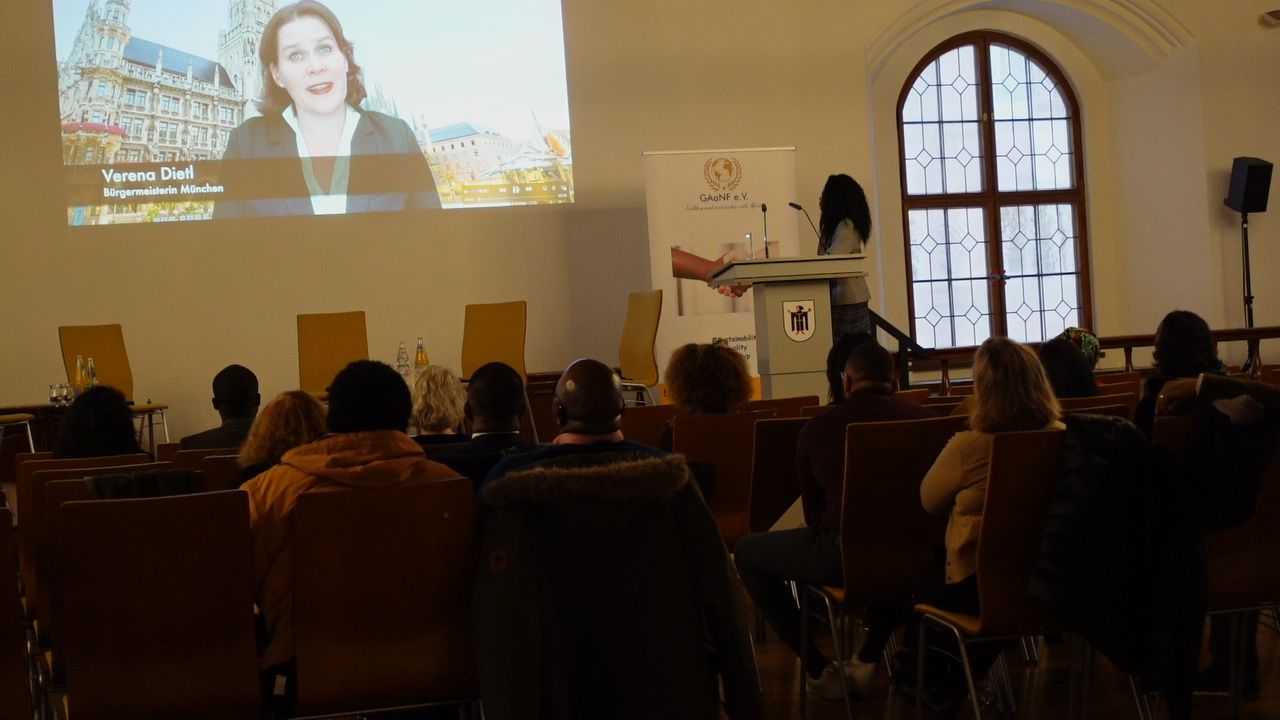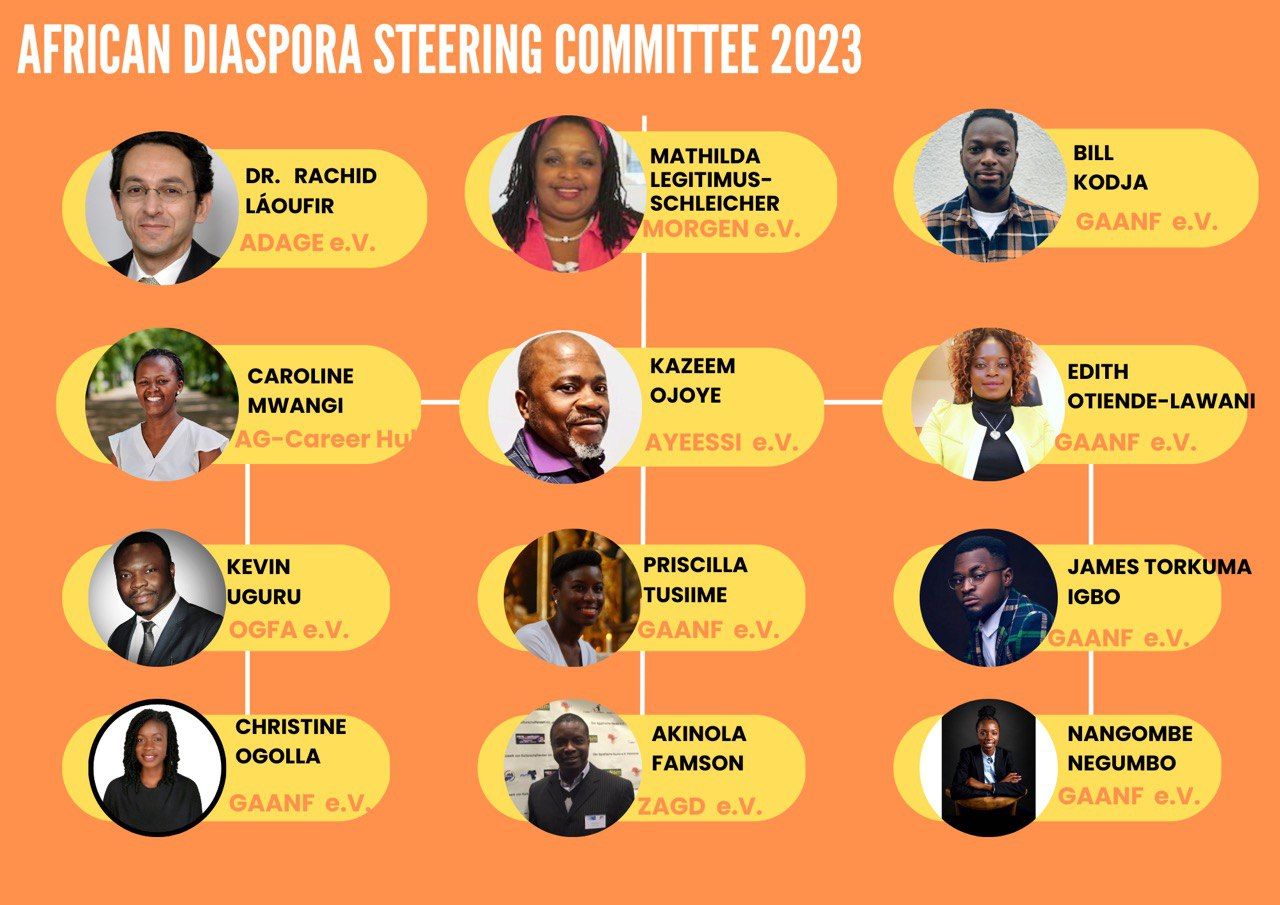Migration and Skilled Worker Shortage – African Migrants want to help out
In Germany, there is a shortage of skilled workers in almost all sectors. One of the main reasons for this shortage of skilled workers is demographic change, after the proportion of citizens active in the labour force becomes smaller and smaller. This raises major problems that go beyond the need for personnel. The consequences range from poor social standards to excessive increases in the cost of services due to the scarcity of services, distortion of competition due to the monopoly position of certain service providers, poor working conditions for staff, especially in the care professions, and much more. Last but not least, the financing of the welfare state is becoming more and more expensive, because although the number of working taxpayers is shrinking due to demographic change, the proportion of people in need of and entitled to benefits continues to rise.
One of the promising solutions in this regard is skilled labour immigration from third countries. According to a study by the Institute for Employment Research, Prof. Dr. Enzo Weber, one of the authors of the study, estimates that there is an annual demand for 400,000 skilled workers, which could be compensated for by targeted recruitment of foreign skilled workers. The federal government is also currently initiating many reforms to facilitate the acquisition of skilled workers from abroad.
The African migrants react positively to this need and want to cooperate with the state institutions as well as the private sector. In this regard, they organized a hybrid panel discussion on the topic of "Migration and Skilled Worker Shortage" on 16 December 2022 at the Old Town Hall in Munich with the aim of taking the first step towards a sustainable solution to the problem.
With more than 220 registered participants, and in part high-calibre representatives of state institutions and ambassadors, as well as well-known institutions such as HNU Neu-Ulm, Allianz, IHK, BioNTech, IOM, GIZ, a very multi-faceted discussion on various fields of action both at home and in the countries of origin was requested. In her welcoming speech, the Mayor of the City of Munich, Ms. Verena Dietl, pointed out that the focus should not only be on new immigration of skilled workers, but also on the foreigners already in Germany, who should be quickly integrated into the labour market. "There are also many people with foreign citizenship who have been living here for a long time, but so far have had no access to integration courses, training or employment" she warned. "In Munich, integration starts on the first day, regardless of the perspective of staying" she continued. "But the framework conditions are by far not enough, we also need the expertise, the experience and the knowledge of the actors.
Setting the course together
The issue of the shortage of skilled workers cannot be managed by Germany alone. The issue is so multifaceted that a sustainable solution can only be achieved by involving all the interfaces involved. In particular, close cooperation with migrant institutions will play a decisive role in this regard. After all, we are talking about a target group that is mainly served by migrant institutions at home and abroad. Their needs are just as diverse as their origins, professional careers, etc. From network building, to communication, immigration procedures and integration, the involvement of migrant agencies can bring many benefits.
Mr. Arif Tasdelen,
vice-chairman and integration policy spokesman of the SPD parliamentary group in the Bavarian state parliament, appreciates this very well from personal experience, because as a child of a guest worker family he knows that legal framework conditions and employment alone are not enough. In his welcome address he says "our future depends on how many skilled workers we recruit to Germany in the next few years, but it is not just a question of how we get these people from abroad, but rather how we can keep them". The figures that almost as many people leave the country again as come to us as skilled workers should actually also make you think...why do these people leave us?"
"We Recruited
Guest Workers,
But People Came."
There are many issues surrounding the immigration of skilled workers. Questions such as visa procedures, living conditions of migrants in Germany, family reunification, language requirements, integration and social participation are only a few of the many issues that migrant skilled workers face.
Ambassadors Serve As Vital Links To Their Home Countries.
The African migrants want to work closely with their ambassadors in the future. As H.E. Mr. Tom Amolo, Ambassador of Kenya, mentioned in his speech, cooperation with the ambassadors provides coherence in the procedures. They are important interfaces, not only in speeding up visa procedures, but also in mediating the initiatives of migrants and state institutions abroad and in the countries of origin. The African Ambassadors Group, led by H.E. Mr. Mohamed Mahmoud Ould Brahim Khlil as Dean of the Group, is pleased with this movement. "We want to tackle the major migration-related issues together in the future," he assures.
Creating Perspective Together
The Steering Committee in cooperation with the African Ambassadors Group is organising an "African Ambassadors Skilled Workers Summit" in Berlin on 24 February 2023. Here they want to set the right course together with state institutions and other non-governmental institutions.
"We see a lot of potential in cooperation. Topics such as skilled labour immigration, development cooperation, food security in Africa and Germany, energy supply, integration, gender-equitable and inclusive education are at the top of our agenda," adds the steering committee.
